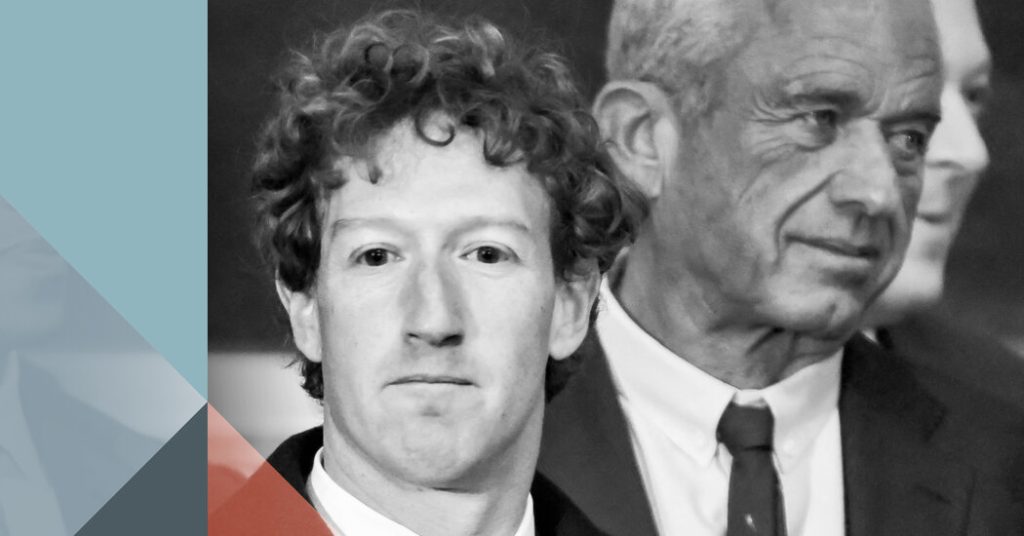This conversation between Ezra Klein and James Pogue explores the intellectual currents shaping the MAGA movement, moving beyond surface-level analysis to delve into the core ideas and factions within. Pogue, having immersed himself in this scene for years, offers a nuanced perspective, describing it as a coalition grappling with internal tensions and the challenge of maintaining unity. The discussion begins with the unifying figure of JD Vance, whose conversion to a worldview critical of a globalist elite resonated deeply within MAGA. This critique centers on a perceived detachment from the values and concerns of “ordinary” Americans, fueled by a techno-pessimism reminiscent of 1970s leftist thought.
This pessimism focuses on the dehumanizing effects of modern technology, echoing themes found in the Unabomber’s manifesto, which has garnered surprising attention within this group. The irony of this techno-skepticism coexisting with these figures’ intense online presence is highlighted, reflecting a complex relationship with the very platforms they critique. This leads to a discussion of Elon Musk’s influence, his acquisition of Twitter (now X), and his alignment with Trump. The pre-Musk Twitter environment fostered a vibrant, albeit insular, intellectual ecosystem for the New Right. Musk’s takeover, however, has shifted the dynamics, giving rise to more extreme voices and potentially fracturing the movement’s intellectual coherence.
The conversation further explores the concept of the “regime,” a term used by figures like Vance to describe a perceived interlocking network of elite institutions – universities, NGOs, media outlets, and tech companies – that enforce a liberal worldview. This critique goes beyond mere political disagreement, challenging the very foundations of meritocracy and who holds power. The discussion then shifts to the resurgence of traditionalist ideas, championed by figures like Steve Bannon, and their connection to a more mystic or ethnic nationalism. This strand of thought emphasizes a deep, almost spiritual connection to the American homeland, contrasting it with a more civic or rational nationalism. This emphasis on heritage and shared history further fuels anxieties about immigration and cultural change, raising questions about who is considered a “real” American.
The figure of Barack Obama serves as a pivotal point in understanding the MAGA movement’s rise. His presidency, initially viewed by some as a potential catalyst for reindustrialization and working-class uplift, ultimately became a symbol of the very meritocratic elite that the New Right rejects. This rejection, intertwined with racially charged undertones, fueled the backlash that propelled Trump to power. The conversation then circles back to the influence of figures like Peter Thiel and Elon Musk, specifically examining the tension between Trump’s embrace of these powerful tech figures and the movement’s inherent techno-skepticism. Musk’s role is particularly complex, acting as both a powerful ally and a potential disruptor within the movement.
The discussion grapples with the question of whether this ideological ferment will translate into tangible policy changes. Examining the composition of the Trump administration, a mix of established figures and newer ideologues, reveals the complexities of navigating competing factions and priorities. While younger staffers may be more steeped in New Right ideology, the extent of their influence remains uncertain. The conversation concludes by considering the New Right’s emphasis on character formation and its dissonance with Trump’s personal style. This concern extends to broader anxieties about declining fertility rates and a perceived loss of traditional values. The movement’s proposed solutions, including potential military interventions and a renewed emphasis on masculine virtues, reflect a desire to reshape society and recapture a sense of national purpose, even if the path to achieving these goals remains unclear.
Ultimately, the conversation highlights the complex and often contradictory nature of the MAGA movement, its intellectual underpinnings, and the challenges of translating these ideas into concrete action. The interplay between traditionalist impulses, techno-skepticism, and a desire to reshape the American elite reveals a movement in flux, navigating internal tensions and grappling with the realities of power. The true impact of this intellectual ferment on American politics remains to be seen, but understanding its core tenets is crucial for navigating the evolving political landscape.












